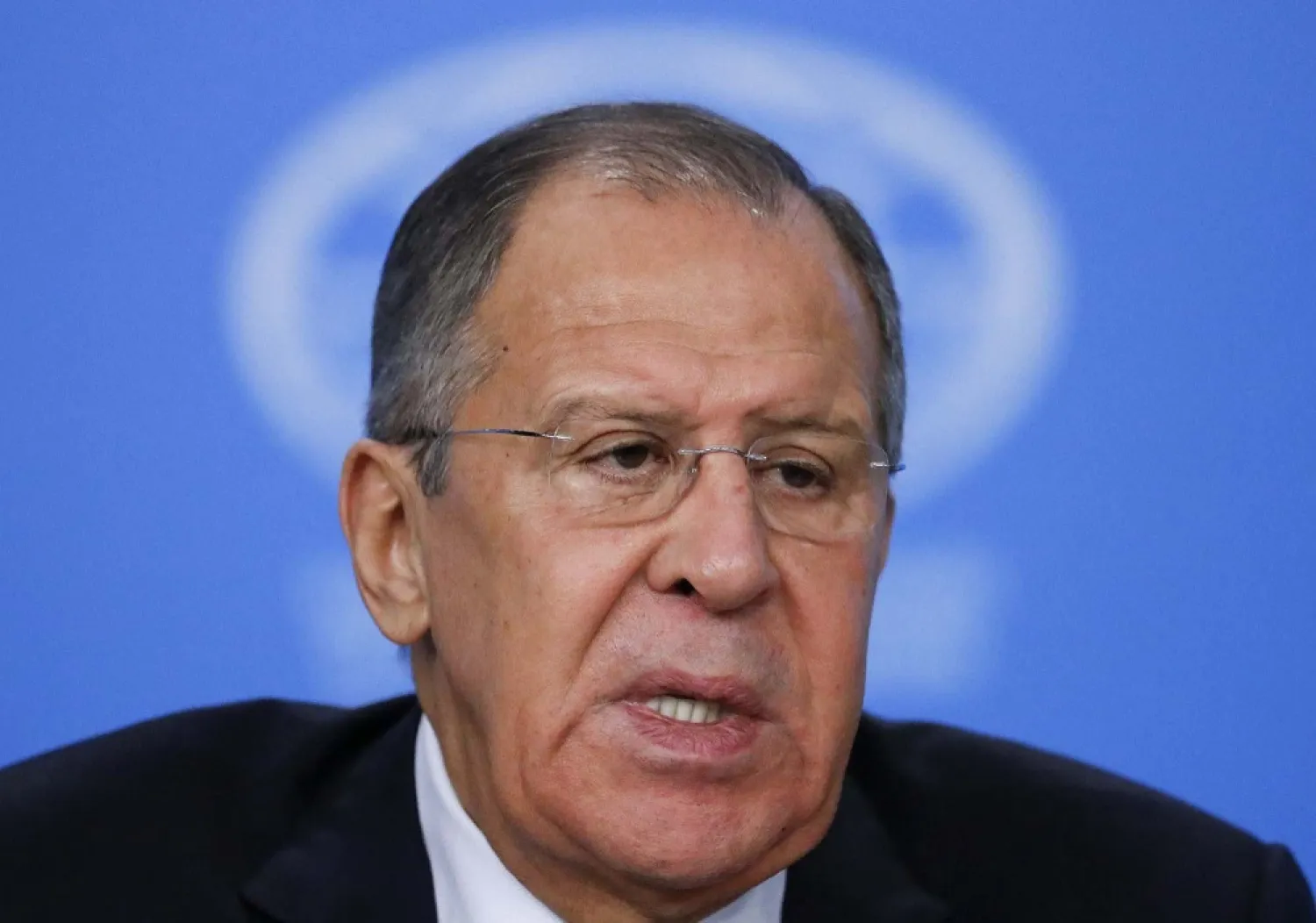Russian Foreign Minister Sergei Lavrov criticized on Friday the United States’ plan to form a border force in northern Syria, saying that it contradicts a commitment to Syrian territorial integrity.
He told a news conference at the United Nations: “The US are trying to form ... alternative bodies of authority on vast ... parts of the Syrian territory.”
"That is a fact and that does contradict their own obligations ... to the territorial integrity and sovereignty of Syria,” he continued.
The US has denied setting up the local border force.
Later, Lavrov criticized a new US national defense strategy, describing it as "confrontational" after Washington singled out China and Russia as growing threats.
He rejected US suggestions that China and Russia were undermining international efforts to strengthen global security.
"It is regrettable that instead of having a normal dialogue, instead of using the basis of international law, the US is indeed striving to prove their leadership through such confrontational strategies and concepts," the Russian official told the UN.
He spoke after US Defense Secretary Jim Mattis released in Washington the national defense strategy that identifies competition between big powers as a priority rather that fighting terrorism.
President Donald Trump and his administration worry that the US military is feeling the effects of years of budget shortfalls and atrophy, and needs a full reboot.
Lavrov suggested that the strategy reflected the military's campaign for "additional financial resources."
He added that Russia was "open for dialogue" to discuss military doctrines and noted that many in the US military brass understand the need for "strategic stability" that involves Russia working alongside the United States.
Mattis said Russia and China are seeking to "create a world consistent with their authoritarian models."
Lavrov recalled that Moscow was a founding member of the United Nations as the then-Soviet Union, contributing decades ago to a rules-based international system.









